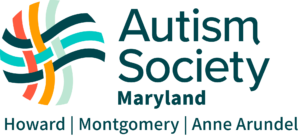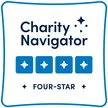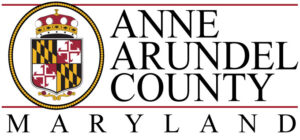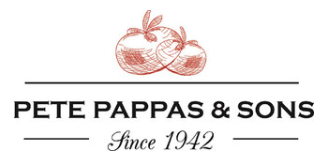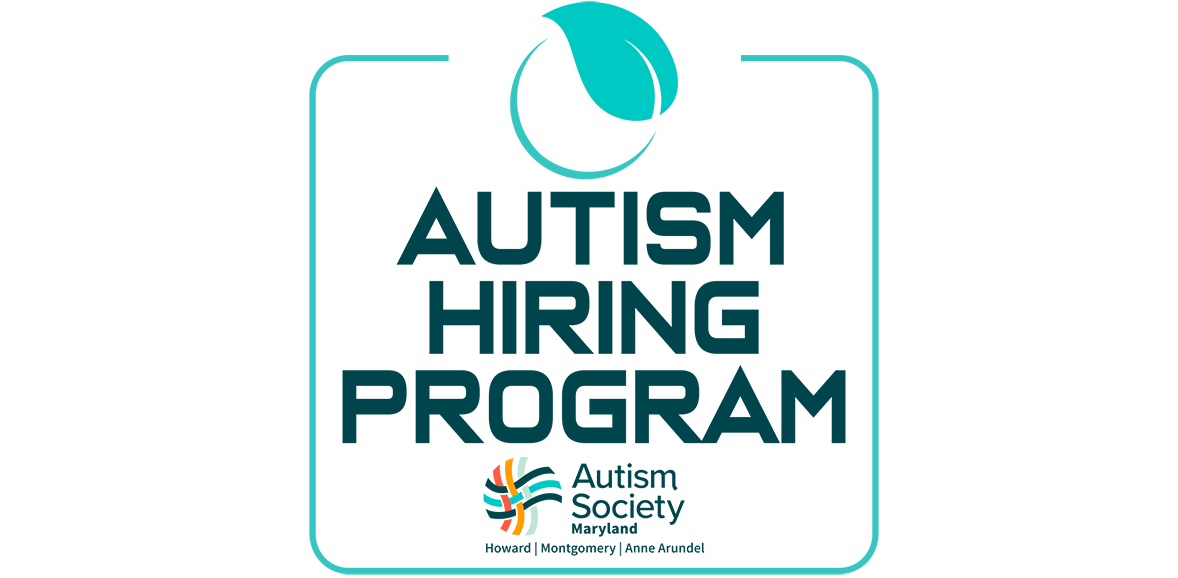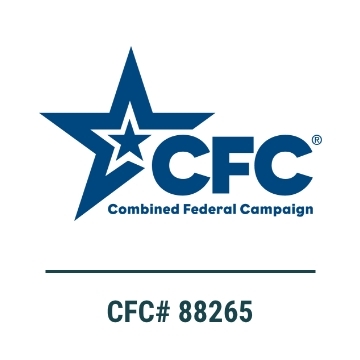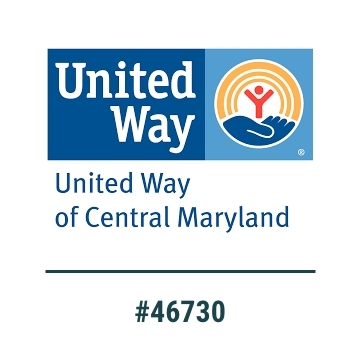Assessment is a process of gathering information about what a child can and cannot yet do to inform instructional decisions. When assessing young children, the most accurate results are obtained when information is gathered by familiar people, in familiar settings, using familiar objects, while engaged in familiar activities.
The root of the word assessment is “assidere,” which means “to sit,” and as it applies to assessing young children, to sit beside and get to know. Too often, however, assessments are conducted by sitting a child down in an unfamiliar place and exposing them to unfamiliar materials and experiences, in contrast to sitting beside them and joining in their play.
The divide between how children should be assessed and how they are assessed has grown during our current “era of accountability.” In this climate, compliance with federal, state, and local mandates is emphasized, and there is a focus on standards, efficacy, and outcomes. Such an emphasis seems in conflict with authentic assessment practices, where the talents, gifts, and contributions of young children and their families are highlighted and information is gathered in natural settings and within the context of daily activities.
Read more. Maryland Learning Links.
